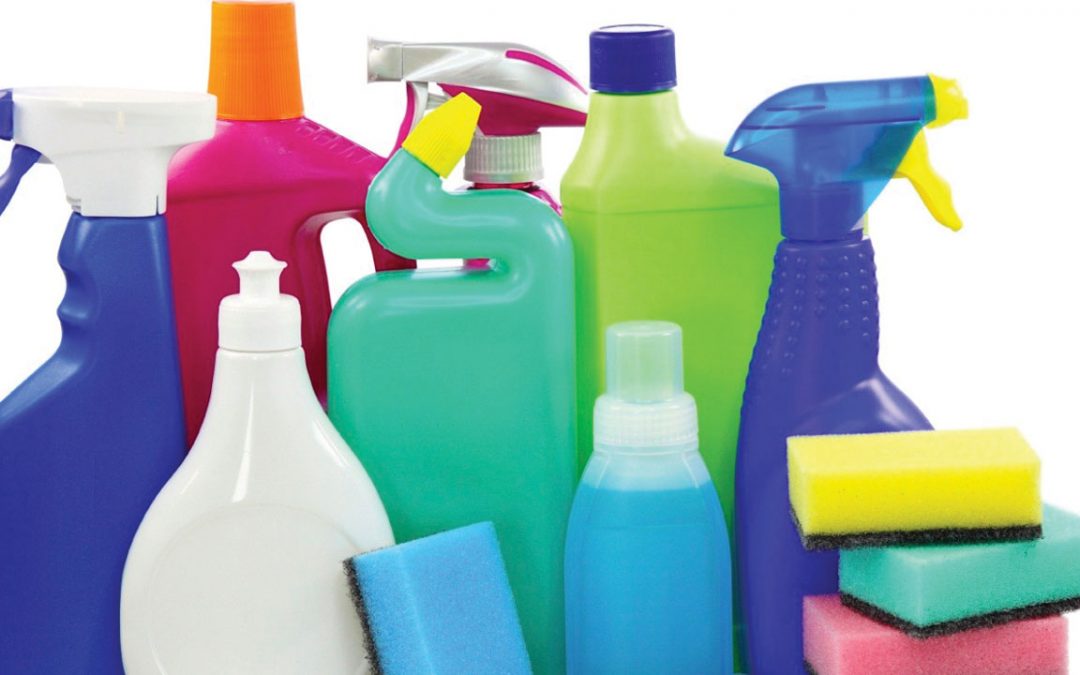Poison Prevention Week, held during the third week of March, reminds us that some of the deadliest and most dangerous items in our homes are hiding in plain sight.
Each year an estimated 3 million people, many under the age of 5, are exposed to poisonous substances. Poisoning is the third leading cause of unintentional injury or death among children ages 1 to 19 and poison control centers get about 3,500 calls a day about children getting into something that is potentially poisonous.
Just take a peek under your kitchen sink or in your laundry room. And don’t forget to have a look inside your medicine cabinet. Household cleaning agents, prescription medications, pesticides, and other items can pose serious hazards to the health and wellbeing of our families and even our pets. And there are a whole host of items that we may overlook which can also be dangerous, such as art supplies, plants, and food.
Better to be safe than sorry, as the old saying goes. And you’ve come to the right place to make sure you stay informed and your loved ones stay healthy.
Things You Can Do to Protect Yourself and Your Loved Ones
1. Memorize the Poison Control helpline phone number
It’s easy to remember: 1-800-222-1222. Save it on your smartphone. And make sure to place the number where others can easily find it. (The kitchen fridge is a good place.)
2.Poison proof your home
Be smart about storage:
- Keep medications out of reach and out of sight of children in a secured cabinet.
- Leave chemical products in their original bottles or containers. Don’t use old food containers to store cleaning solutions.
- Remember that ‘under the sink’ is eye level for young children. Consider putting cleaning products up and not within your child’s line of vision.
- When you are done using medications or cleaning products, put them away immediately.
3.Know what you are dealing with
- Read and follow product labels
- Don’t mix household products together. For example, mixing bleach and ammonia can create toxic gases.
- Turn on fans and open windows when you are using chemicals in your home.
4.Consider your Pets
- Pets will eat over-the-counter medication. Immediately, pick up pills if you drop them.
- Educate yourself about common human foods that are actually toxic for animals. For example, grapes, onions and chocolate can poison dogs.
- Know that pesticides, even when ingested in small amounts, can be life-threatening.
5.Be Aware
There are plenty of resources out there with handy lists of ways to poison proof your home. The government’s Health Resources and Services Administration is an excellent place to start.
6.Spread the word
Tell your families, neighbors and coworkers about poisons and how to keep themselves safe. This can be done in emails, memos or in groups set up for this purpose on social media.

